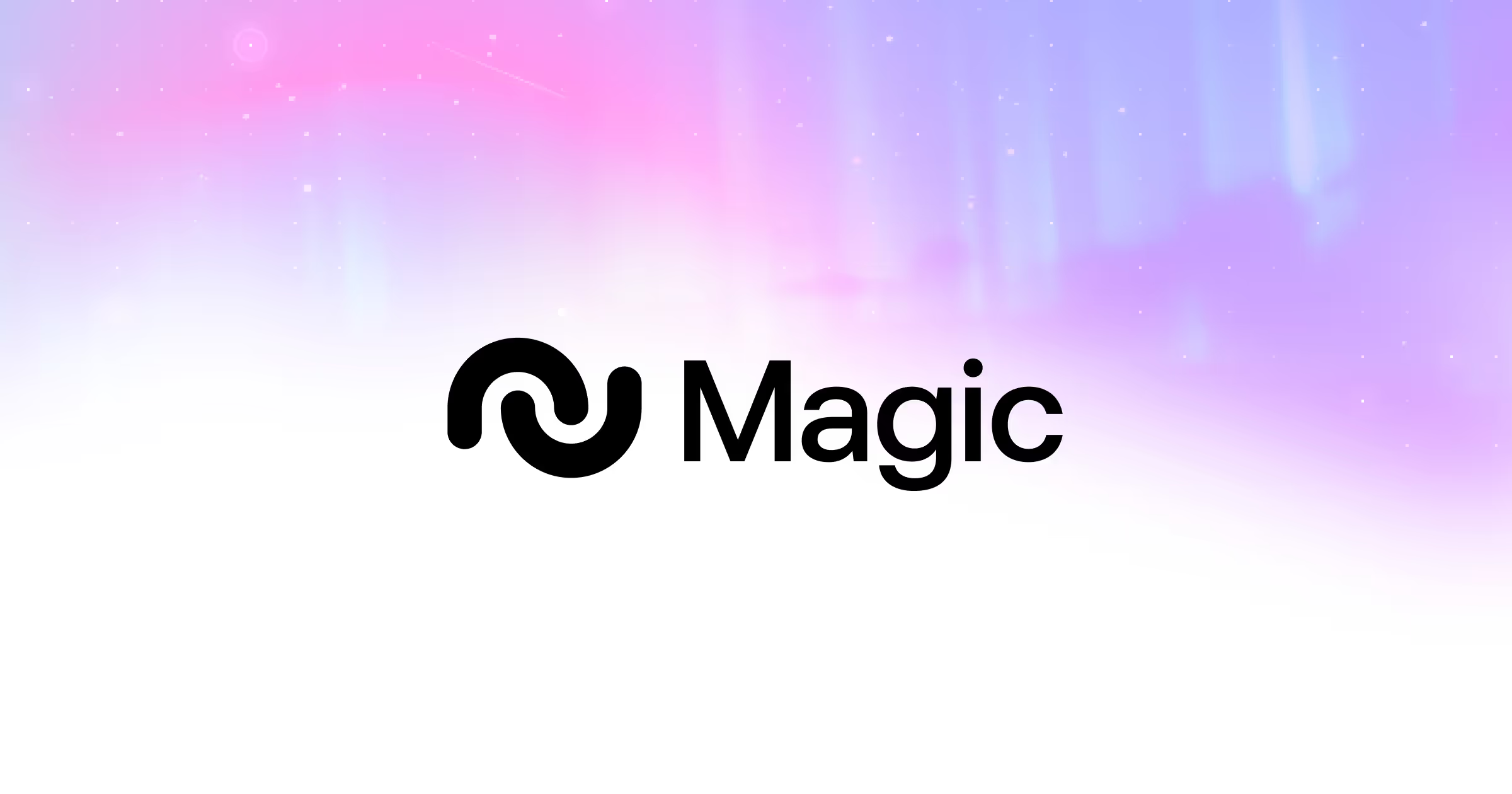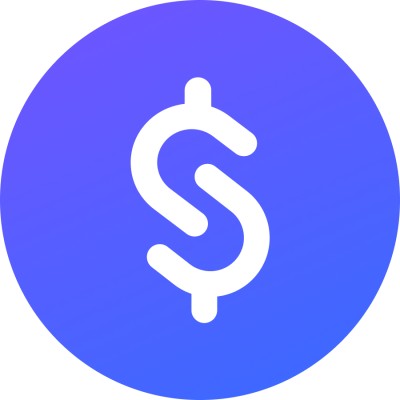
At Magic, we envision a future where software engineering transcends current limitations through the power of advanced artificial intelligence. Our mission is to build AI systems that not only enhance productivity but also pave the way for safe Artificial General Intelligence, capable of solving complex problems with human-like understanding.
We are dedicated to creating an AI-powered "virtual coworker" for developers, a tool that intuitively comprehends the nuances of coding tasks and automates the generation of software at scale. By integrating cutting-edge technologies such as large-scale pre-training, domain-specific reinforcement learning, and unprecedented ultra-long context windows, we strive to unlock new horizons in software development efficiency and accessibility.
Guided by a commitment to safety and alignment with human values, Magic is driving a fundamental transformation in how technology shapes our world—empowering individuals and organizations to innovate faster, with an unwavering focus on the future of AI and its responsible deployment.
Our Review
Magic burst onto the AI scene with a bold vision that caught our attention: transforming software development through AI that acts less like a coding assistant and more like a full-fledged engineering colleague. What's fascinating is how quickly they've turned heads in Silicon Valley, securing over $500 million in funding from tech luminaries like former GitHub CEO Nat Friedman and Google's CapitalG.
Technical Breakthroughs Worth Noting
We're particularly impressed by Magic's achievement with context windows reaching 100 million tokens - that's a game-changer for AI understanding complex codebases. Most coding assistants struggle to maintain coherence across large projects, but Magic's approach could finally crack that challenge. Their focus on building a "virtual coworker" rather than just another autocomplete tool shows they're thinking bigger than most competitors.
Ambitious Goals, Serious Backing
While Magic hasn't released a commercial product yet, their trajectory is compelling. They've attracted top talent like Ben Chess from OpenAI's supercomputing team, and their $1.5 billion valuation speaks volumes about investor confidence. What sets them apart is their dual focus: delivering practical developer tools while pursuing the longer-term goal of safe AGI.
The Road Ahead
We're watching Magic closely because they're taking on both immediate and moonshot challenges. Their emphasis on safety and alignment with human values - often overlooked in the rush to market - suggests a thoughtful approach to AI development. While they'll face stiff competition from established players like GitHub Copilot, their technical innovations and deep pockets position them as a potential leader in next-gen development tools.
That said, the real test will come when they launch their commercial product. Can they deliver on the promise of an AI that truly understands and collaborates on complex software projects? If they succeed, they could fundamentally change how software gets built.
Feature
AI-powered coding assistant
Understands natural language descriptions
Generates complete code automatically
Functions as a collaborative pair programmer
Large-scale pre-training
Domain-specific reinforcement learning
Ultra-long context windows (up to 100 million tokens)
Alignment and safety focused AI systems







